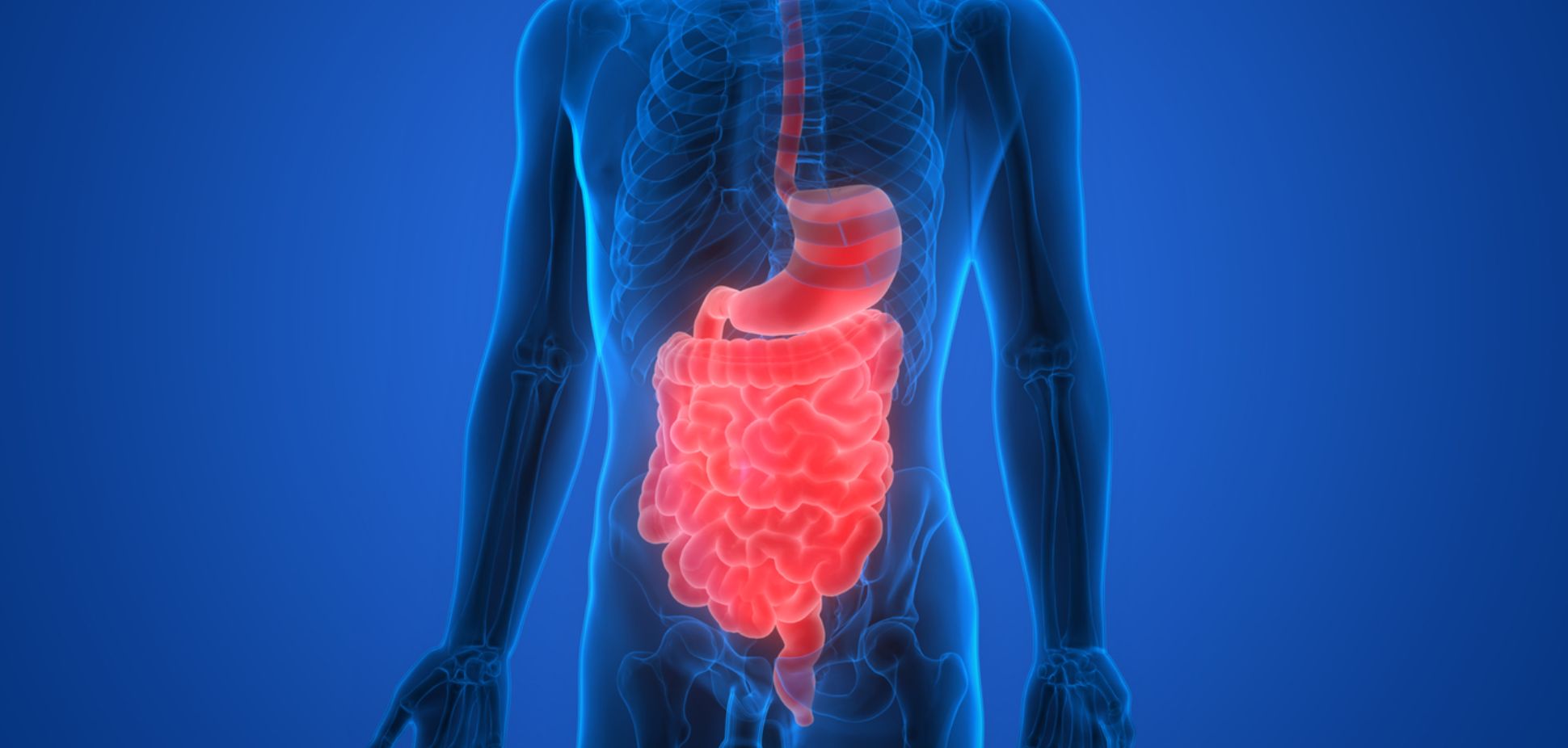The Hidden Highway: How Cannabis Transforms Your Gut-Brain Connection
The Hidden Highway: How Cannabis Transforms Your Gut-Brain Connection
Did you know that your gut produces more serotonin than your brain? About 95% of your body's "happiness hormone" is produced in your digestive system, making your gut a critical player in your physical and mental well-being.
With over 12% of Canadians living with irritable bowel syndrome and digestive disorders on the rise, understanding how cannabis interacts with this gut-brain highway has never been more important.
Recent groundbreaking research reveals that cannabis transforms the complex communication network between your digestive system and your brain. Known as the gut-brain axis, this connection controls everything from your mood and stress response to inflammation and immune function.
The science between cannabis and the gut-brain axis might just be the key to unlocking new treatments for digestive disorders and improving overall gut health.
Your gut’s built-in cannabis system

The endocannabinoid system (ECS) isn't just located in your brain—it's one of the most densely concentrated systems in your gastrointestinal tract. Cannabinoid receptors CB1 and CB2 are found throughout your digestive system, from your esophagus to your colon, creating a network that regulates many important functions related to digestion, including intestinal motility, secretion of digestive juices, and immune response.
CB1 receptors in your gut control motility (how food moves through your system), gastric acid secretion, and pain signalling. When activated by THC or your body's natural endocannabinoids, these receptors typically slow down digestion and reduce inflammation.
CB2 receptors are primarily found in immune cells within your gut lining and play a crucial role in managing inflammatory responses. This is why cannabis has shown such promise for inflammatory bowel conditions like Crohn's disease and ulcerative colitis.
What makes this system truly remarkable is how it connects to your "second brain", or as scientists call it, the enteric nervous system. This network of over 500 million neurons in your gut communicates directly with your brain via the vagus nerve and helps regulate digestion, mood, and even immune function.
Your gut bacteria on cannabis

One of the most fascinating discoveries is the impact cannabis use has on the gut microbiome, the trillions of bacteria in your digestive system that play a crucial role in everything from immune health to mood regulation.
Research reveals that cannabis use can significantly alter gut bacteria composition. Studies have found that chronic THC use increases beneficial bacteria like Akkermansia muciniphila, which supports gut barrier function and metabolic health. However, it also increases Bacteroides species, which may contribute to inflammation in some individuals.
The relationship between your gut and cannabis is a two-way street. Gut bacteria produce endocannabinoid-like compounds that activate cannabis receptors, while cannabis use affects which bacterial strains flourish in your digestive system. This dynamic feedback loop means your microbiome and cannabis use constantly shape and influence one another.
What the research shows

A growing body of research highlights the therapeutic potential of cannabis in treating digestive conditions:
Inflammatory Bowel Disease (IBD): Multiple studies show that cannabis significantly improves IBD symptoms. In one trial, 45% of Crohn's disease patients achieved complete remission with cannabis, compared to only 10% in the placebo group. Patients reported reduced pain, better appetite, and improved sleep.
Irritable Bowel Syndrome (IBS): Studies suggest that genetic variations in the endocannabinoid system may influence different IBS subtypes. Cannabis has shown promise in alleviating IBS-related pain. It also may help regulate gut motility, offering potential benefits for constipation and IBS.
Gastroparesis and Motility Disorders: Cannabis's ability to slow gut motility makes it effective for conditions involving rapid gastric emptying, though this same mechanism can be problematic for those with already-slow digestion.
How to take cannabis for digestive health
The effectiveness of cannabis for digestive health largely depends on the chosen delivery method:
Oral Forms (Edibles, Capsules): These provide the longest-lasting effects (up to 12 hours) and directly expose the digestive system to cannabinoids. However, they can be harder to dose precisely and may take 30-90 minutes to take effect.
Vapourizing or smoking: Offers a rapid onset (within minutes) for acute symptoms like nausea or cramping, with effects lasting 2-6 hours. This method bypasses the digestive system initially but still influences the gut-brain axis through systemic circulation.
Sublingual tinctures: Provide middle-ground timing (5-30 minutes onset, up to 12 hours duration) and allow for precise dosing adjustments.
Balancing benefits with caution

While cannabis shows a lot of promise for digestive health, chronic heavy use can cause severe nausea and vomiting in some individuals. This condition affects approximately 2.75% of regular users and requires complete cessation of cannabis use. Be aware that cannabis may also increase acid reflux by relaxing the lower esophageal sphincter.
If you're new to using cannabis for digestive health, start with small doses and gradually increase as needed.
THC: Begin with 0.5-2.5mg for oral forms, 1 inhalation for vaporized products
CBD: Start with 2.5-5mg of CBD and increase gradually
Combination products: 1:1 or 2:1 CBD:THC ratios often provide balanced benefits
Mild digestive symptoms: 2.5-10mg combined cannabinoids daily
Moderate symptoms: 10-30mg daily
Severe conditions (IBD): Higher doses may be needed for therapeutic benefits
With any cannabis use, it's important to pay attention to your body and how you feel. Keep track of your symptoms and the dosage and form of cannabis used.
Unlocking your body’s natural balance
Achieving harmony between your gut and brain requires patience, care, and attentiveness to your body’s unique signals. Starting with the appropriate dosage and gradually adjusting based on your body’s response can unlock the potential benefits of cannabinoid therapy, supporting digestive health and promoting overall well-being. The connection between your gut and brain is always active, but cannabis can help redirect the flow, influencing which pathways take the lead.
Back to all posts







